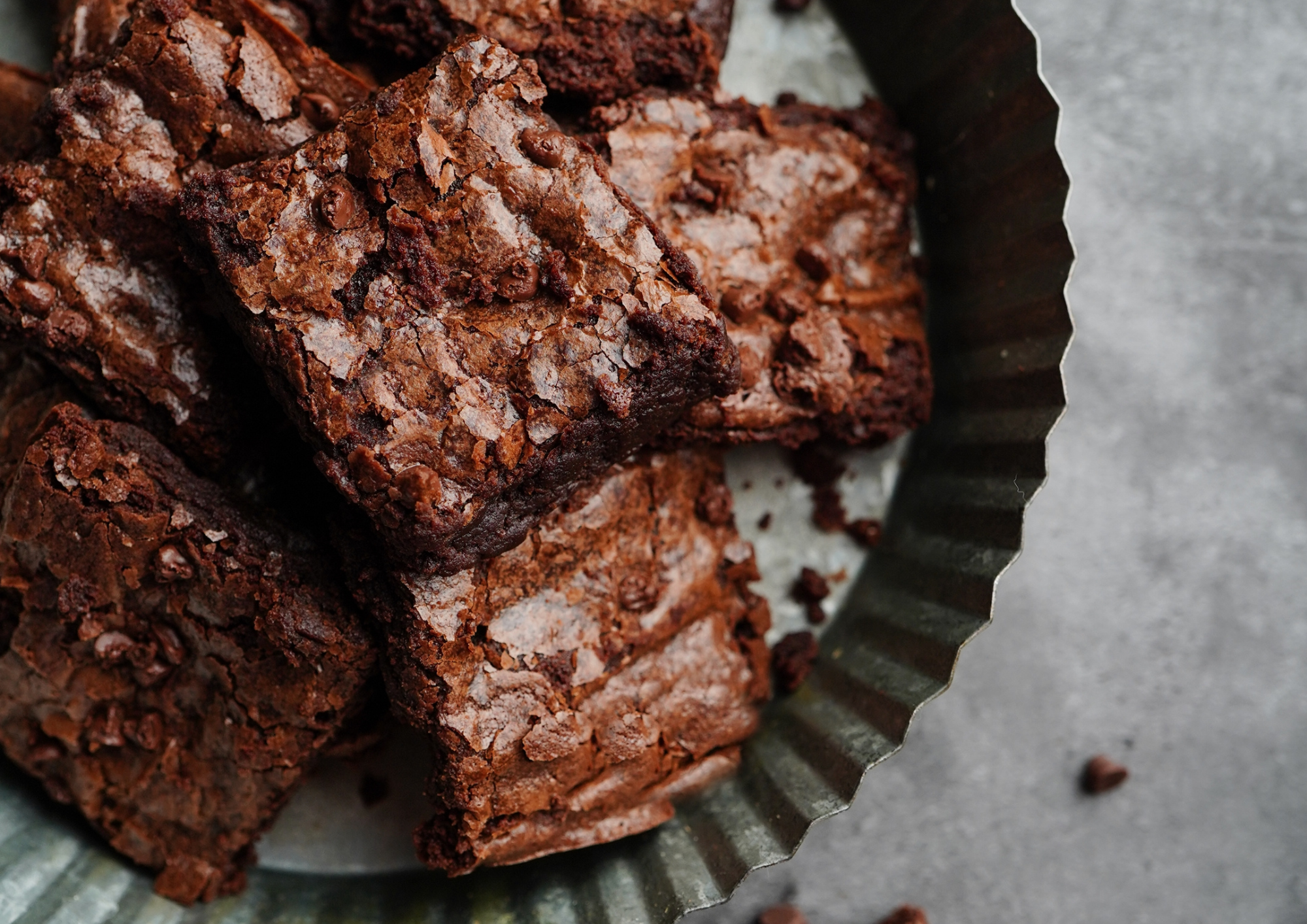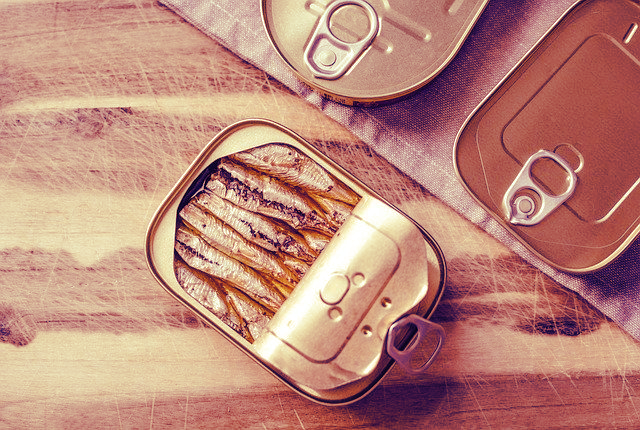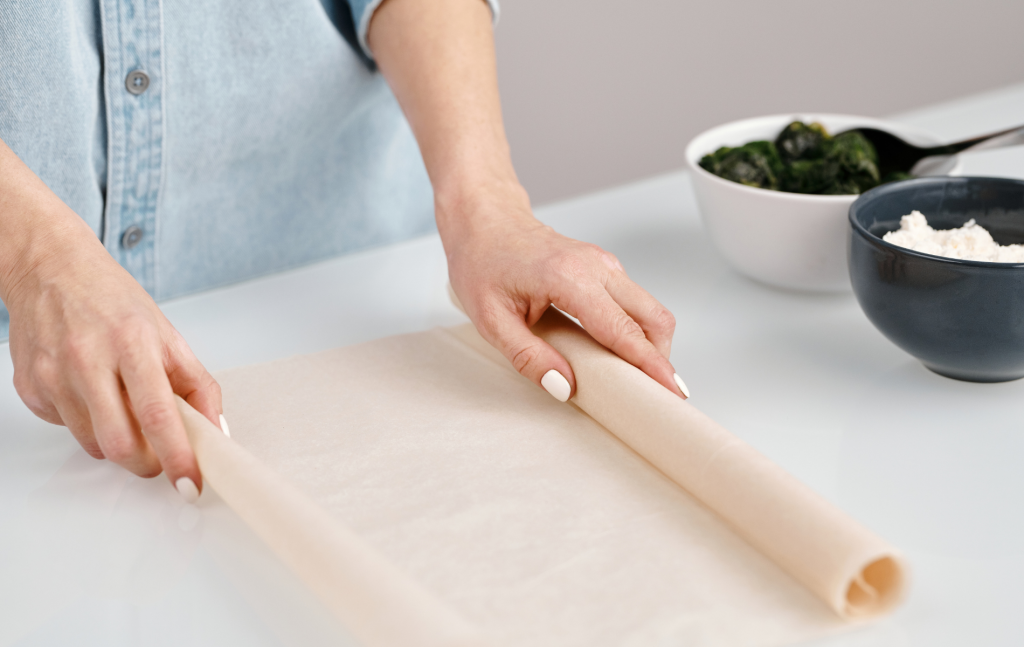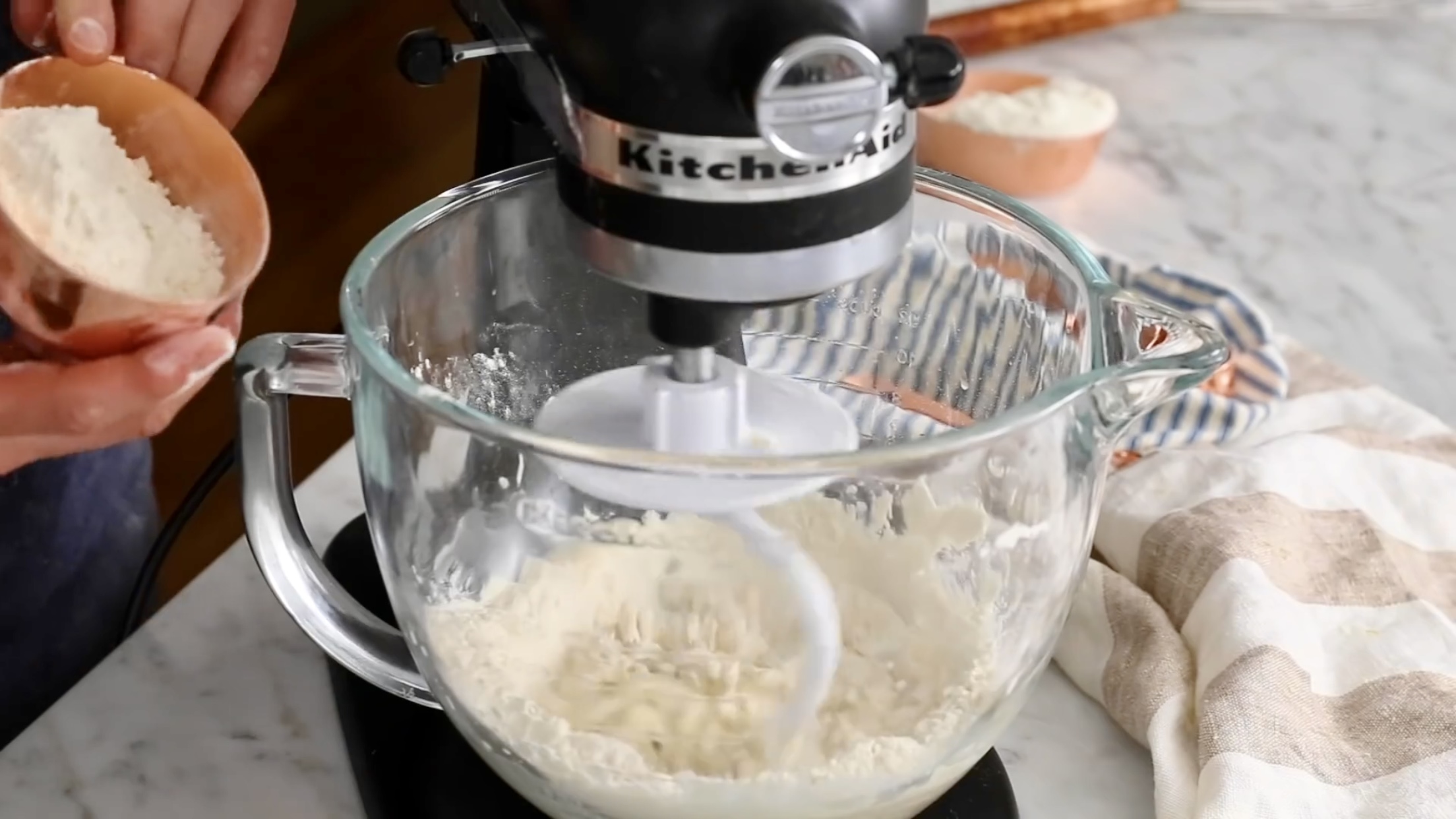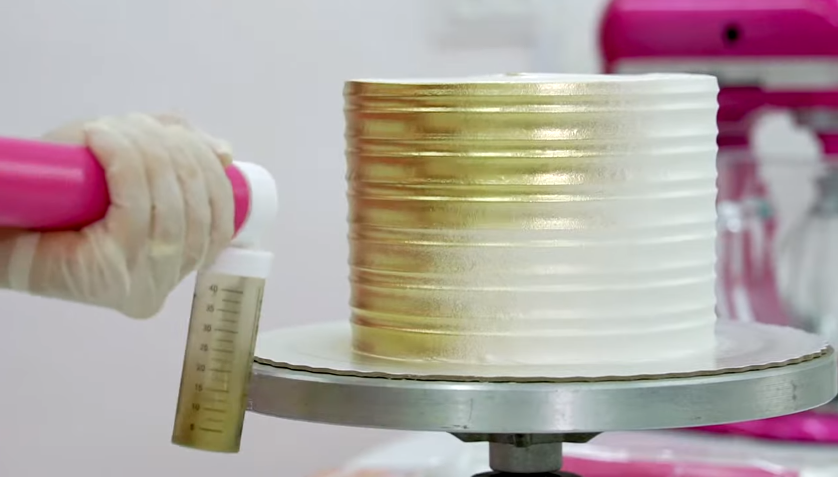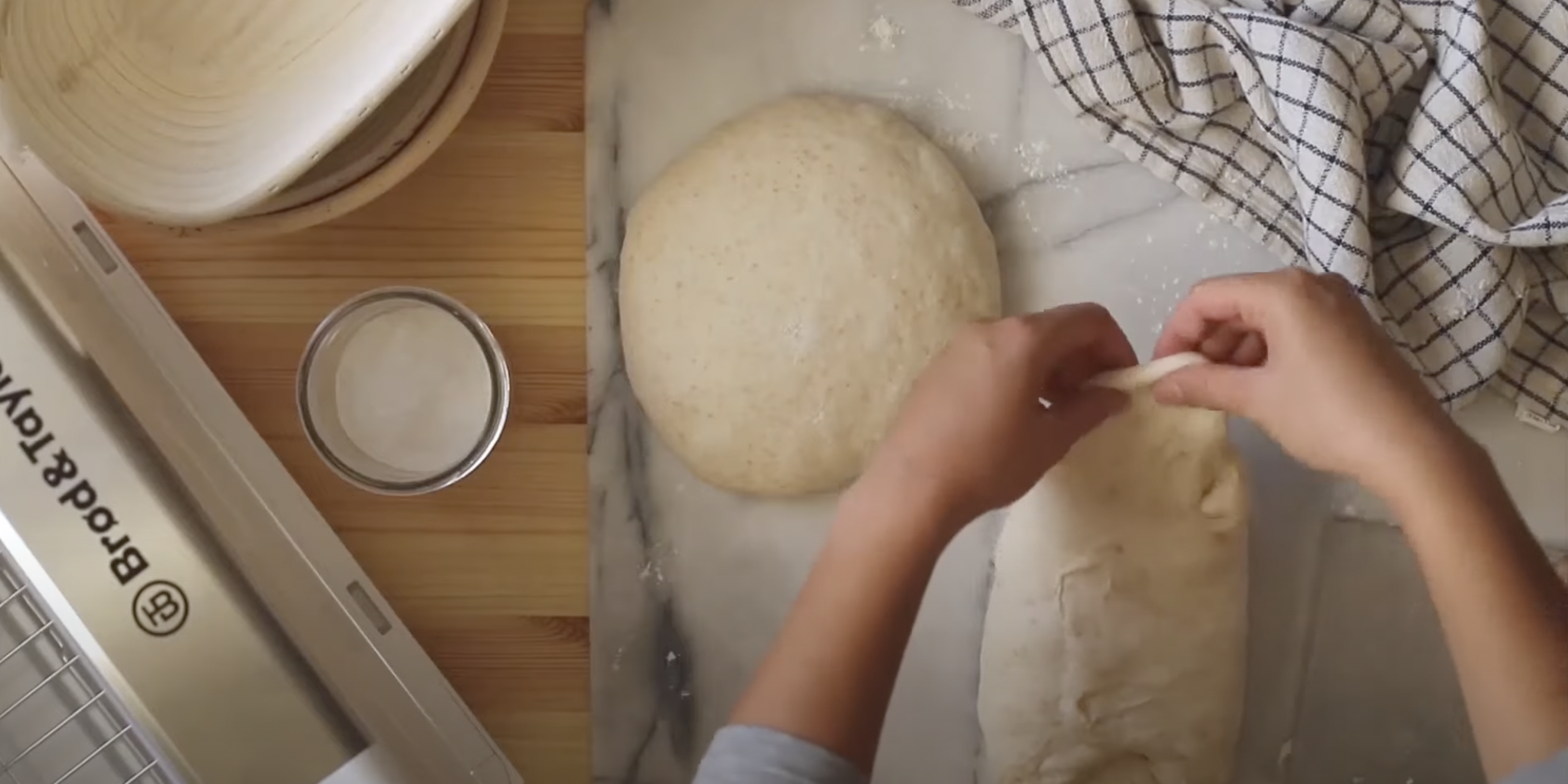You are surely more virtuous, in better shape, more in tune with nature and quite possibly with your inner-self, with a smaller carbon footprint – but your cookies are probably not better.
A mixer does a better job of thoroughly combining the ingredients than you can do by hand. If you are concerned about the mixer activating the proteins in wheat flour more and producing more gluten (and therefore possibly a tougher cookie), let the dough rest in the refrigerator for an hour or as long as 36 hours for the gluten strands to relax. A side benefit of this resting is that the flour will slowly absorb all the liquid in the recipe, giving the cookie both better taste and texture.
If you are creaming butter, you will almost certainly get better results with a mixer, because it will create more air bubbles in the butter than you can produce by hand. It is the inflation of these bubbles in the oven that causes your cookies (and cakes, etc.) to rise, and the more bubbles, the greater the rise.
Not all mixers are alike, as you well know. The wimpiest are quite possibly no better than you mixing by hand. If you can afford the money and the space, we recommend a good stand mixer. If you divide the cost over 20+ years, even the most expensive are pretty reasonable, and an excellent mixer can be had for as little as $10 a year (although unfortunately the money has to be paid up front).
Needless to say, we will get emails from people recounting their decades' of wonderfully successful hand-mixing of cookies – and these are people with whom we don't want to pick a fight – but for almost all people in almost all situations, using a good mixer will produce better cookies.
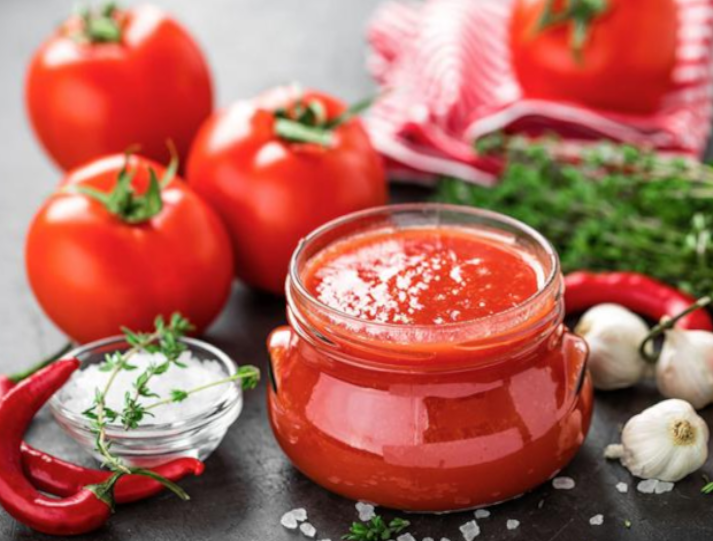




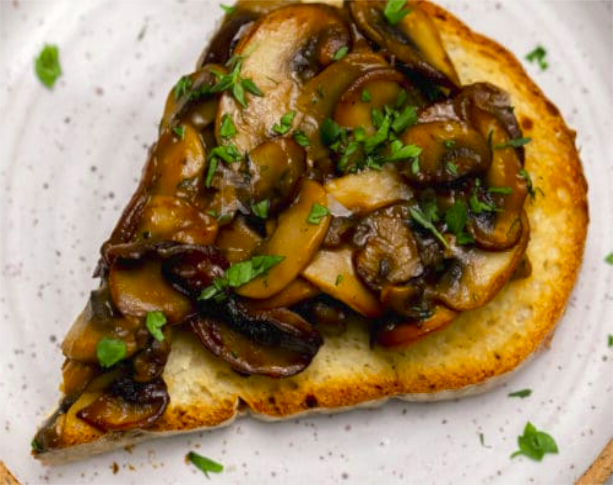

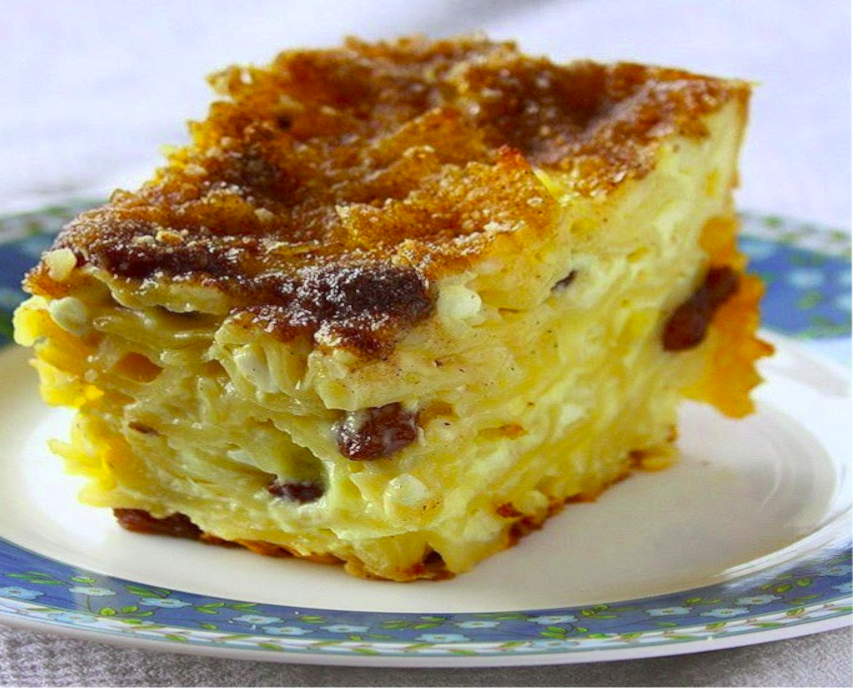


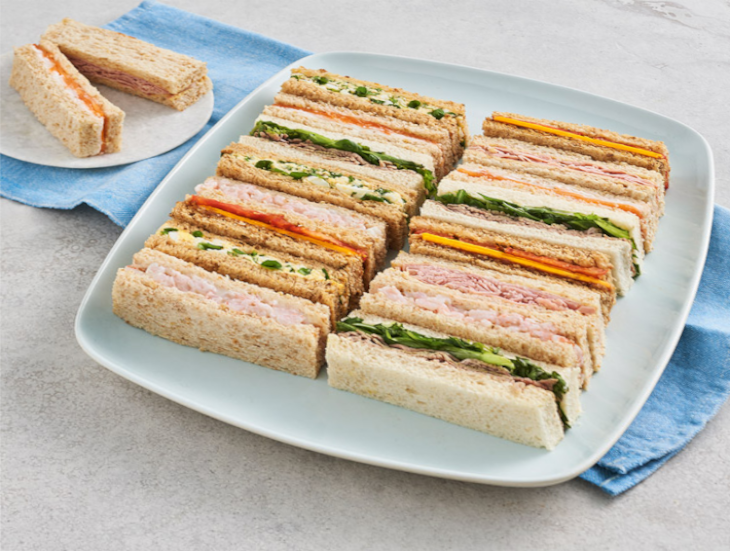



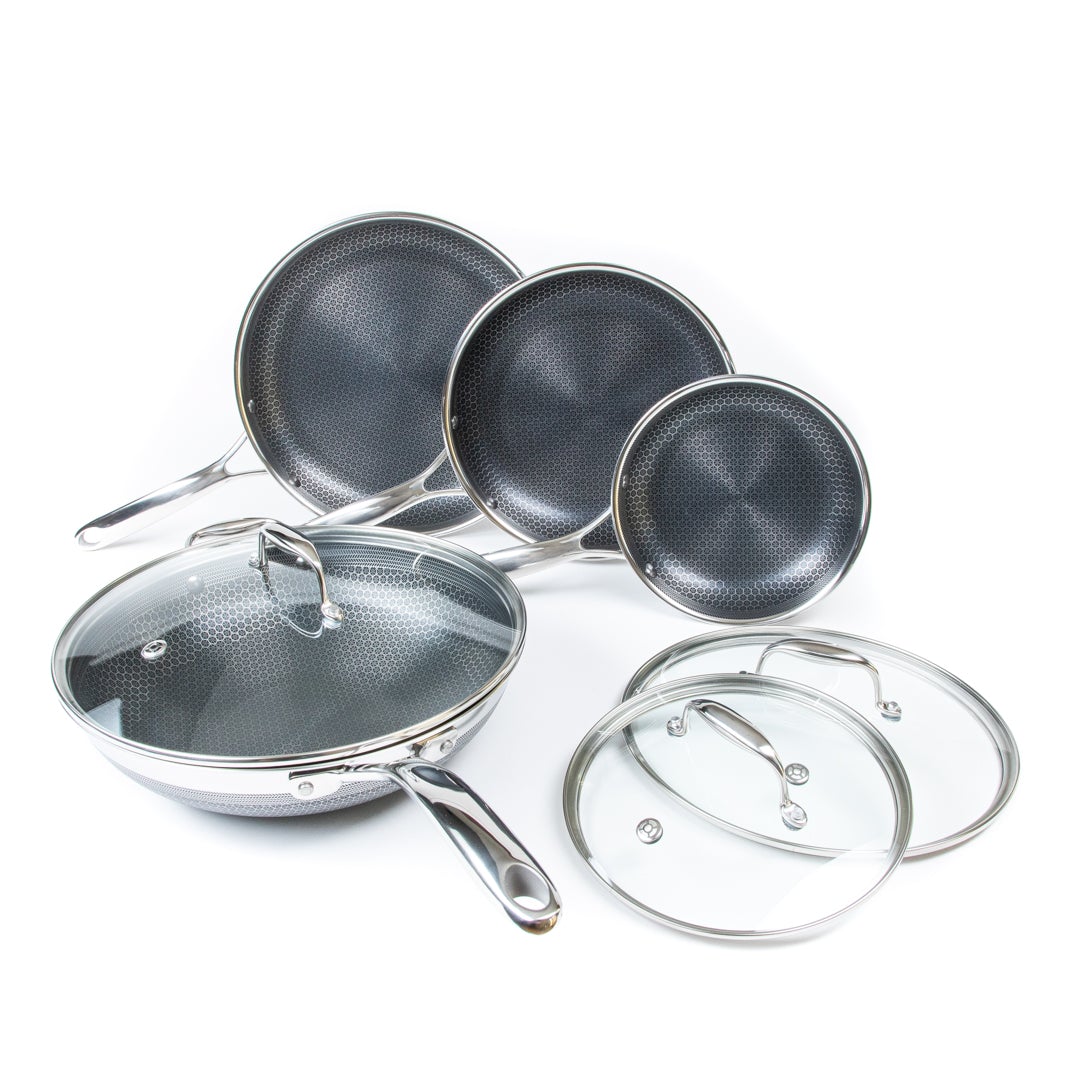
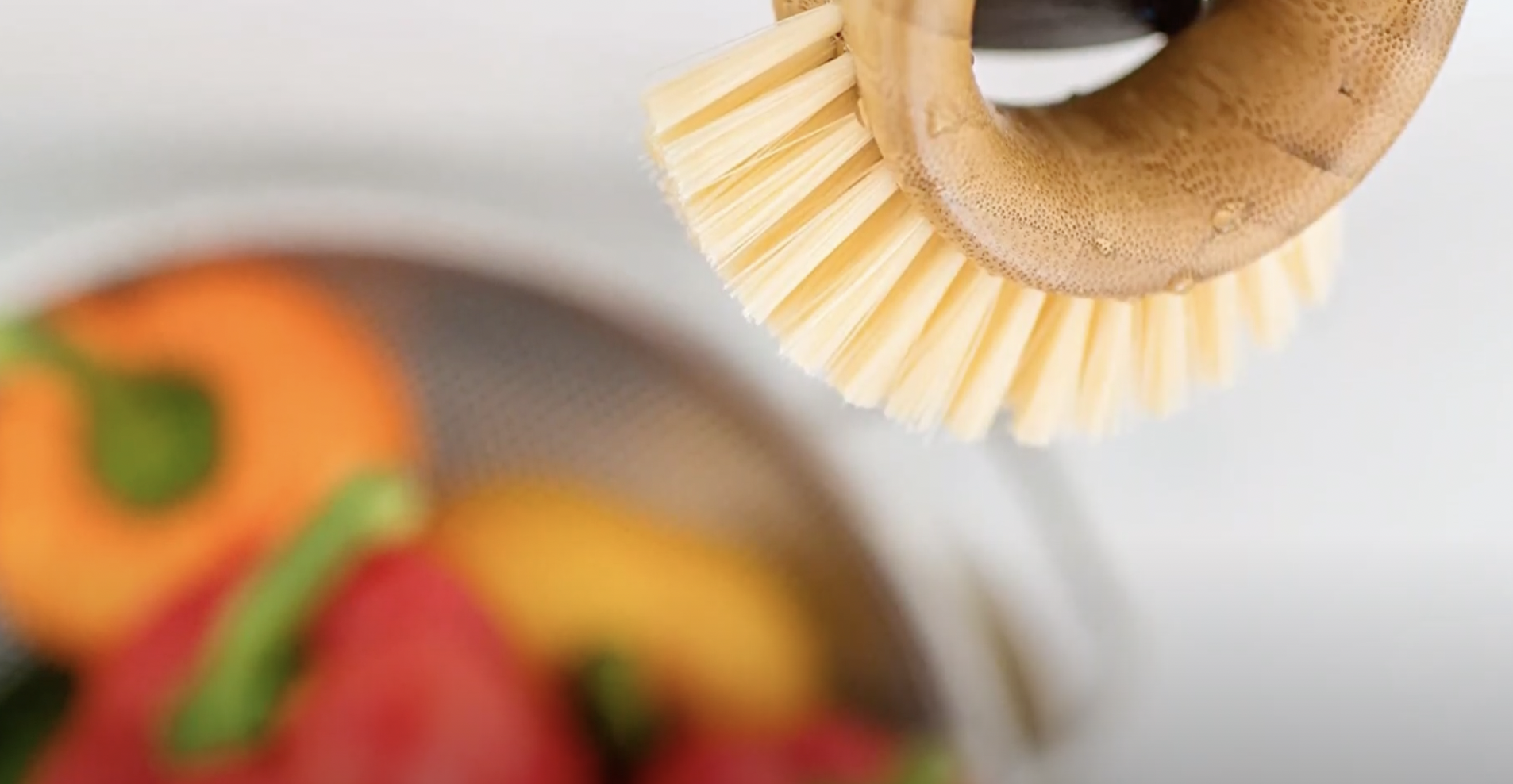
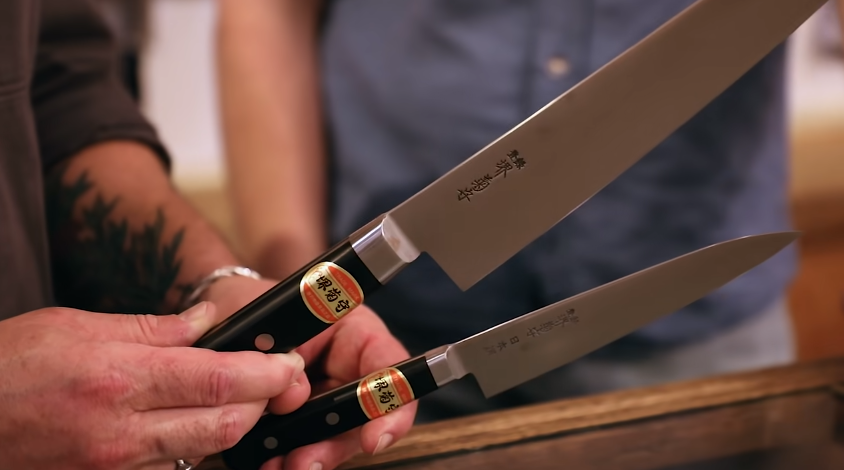

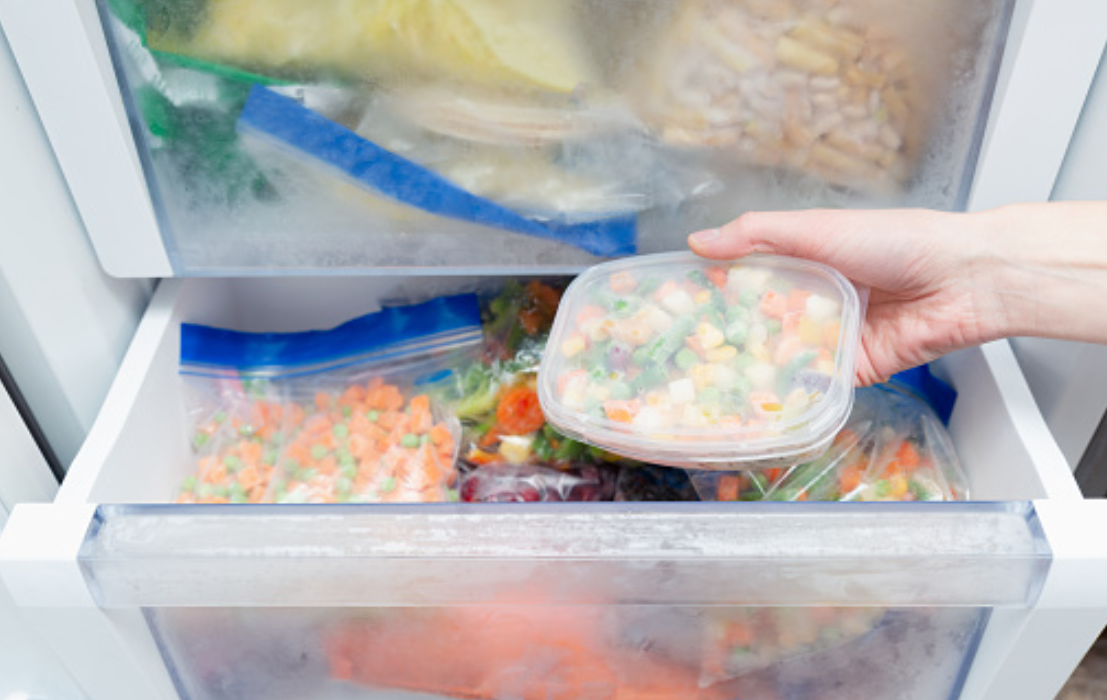
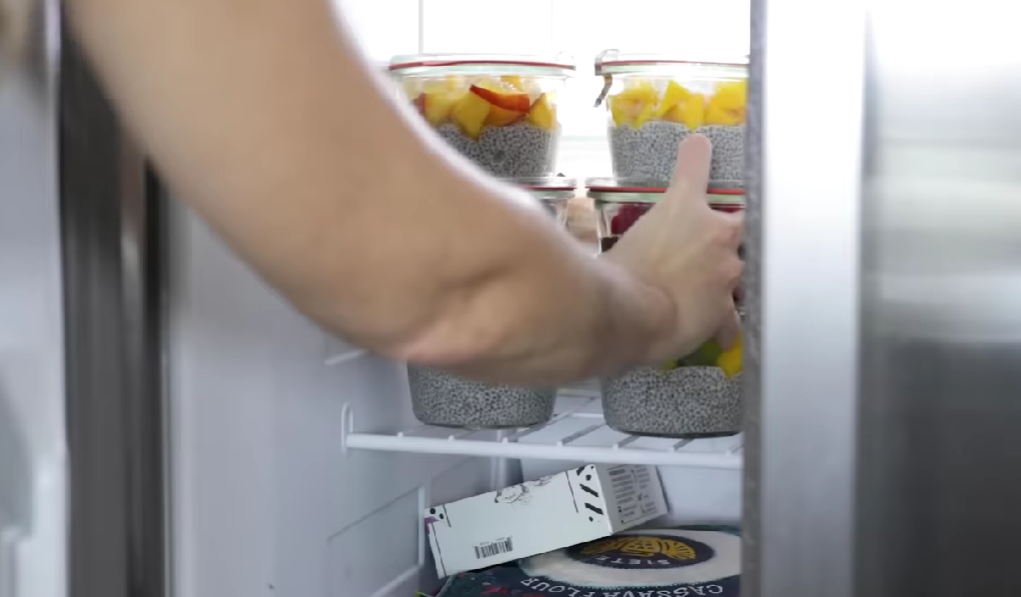
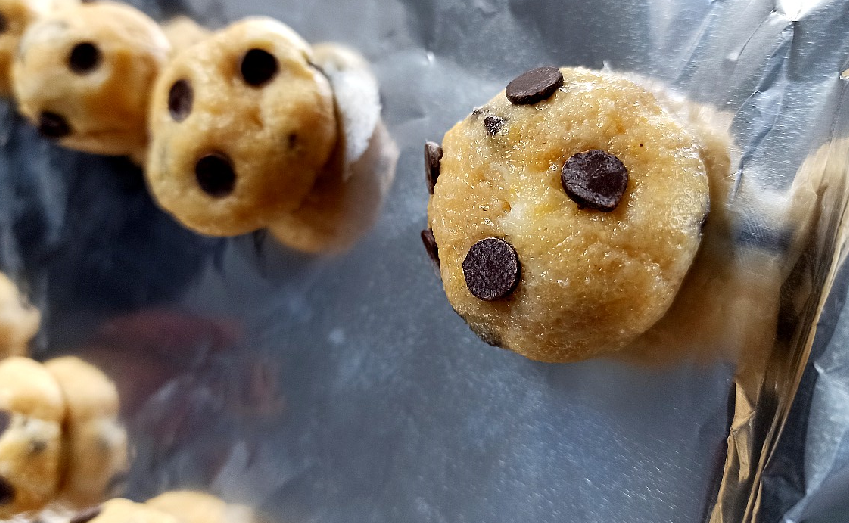
![Can you Cook Eggs in the Microwave? [Complete Guide]](/assets/images/c1f79d1cad59f18f9b5dc31403bd0eb2.png)
